I am in a multilanguage client environment. The local administrators are "Administratoren", "Administrators","Administradores","Administrateurs" and so on. This works to get the group members using Invoke-Expression:
PS C:\> Get-LocalGroupMember -SID "S-1-5-32-544"
ObjectClass Name PrincipalSource
----------- ---- ---------------
Benutzer PC-JOU\Administrator Local
Benutzer PC-JOU\Jou Local
Working example using the normal group name, for example on a German client WITHOUT needing Invoke-*:
PS C:\> $ADSI = [ADSI]"WinNT://IP-of-computer/Administratoren"
PS C:\> $ADSI.Invoke("Members") | foreach {$_.GetType().InvokeMember("ADsPath", 'GetProperty', $null, $_, $null)}
WinNT://PC-JOU/Administrator
WinNT://PC-JOU/Jou
But I cannot get this to work with a SID to have this international:
PS C:\> $ADSI = [ADSI]"WinNT://IP-of-computer/S-1-5-32-544"
PS C:\> $ADSI.Invoke("Members") | foreach {$_.GetType().InvokeMember("ADsPath", 'GetProperty', $null, $_, $null)}
Ausnahme beim Abrufen des Elements "Invoke": "Der Gruppenname konnte nicht gefunden werden."
In Zeile:1 Zeichen:1
+ $ADSI.Invoke("Members") | foreach {$_.GetType().InvokeMember("ADsPath ...
+ ~~~~~~~~~~~~~~~~~~~~~~~~~~~~~~~~~~~~~~~~~~~~~~~~~~~~~~~~~~~~~~~~~~~~~
+ CategoryInfo : NotSpecified: (:) [], ExtendedTypeSystemException
+ FullyQualifiedErrorId : CatchFromBaseGetMember
I got so far to see the propertyvalue of the sid:
PS C:\> $ADSI.objectSid
1
2
0
0
0
0
0
5
32
0
0
0
32
2
0
0
PS C:\> $ADSI.objectSid.GetType()
IsPublic IsSerial Name BaseType
-------- -------- ---- --------
True False PropertyValueCollection System.Collections.CollectionBase
Any idea how I can get this to work, using [ADSI] with the SID value of the local admin? It would save me using Invoke-Expression method.
